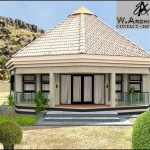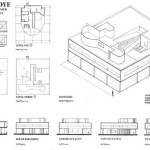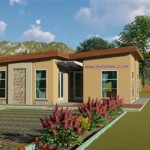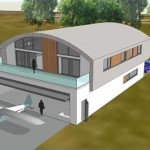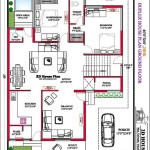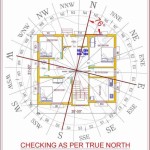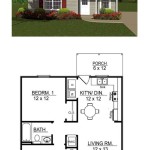The West Wing: A Detailed Exploration of the White House's Powerhouse
The West Wing of the White House is an iconic symbol of American power and leadership. It is here that the President and their staff work tirelessly to shape the nation's future. The building's distinctive architecture and meticulously designed interior spaces reflect the immense significance of its role within the American political landscape.
The Oval Office: The President's Sanctum
At the heart of the West Wing lies the Oval Office, the President's official workspace. This hallowed room serves as the setting for countless historic decisions and momentous meetings. The oval shape of the office symbolizes unity and inclusivity, while the large windows offer a panoramic view of the grounds, providing both privacy and a sense of openness.
The Situation Room: Monitoring and Decision-Making
The Situation Room is the White House's nerve center for national security and emergency response. It is equipped with state-of-the-art technology that allows the President and their advisors to monitor events across the globe in real-time. The room's hushed atmosphere and secure design foster an environment of intense focus and strategic decision-making.
The Cabinet Room: Gathering of the Nation's Leaders
The Cabinet Room is where the President meets with their Cabinet members to discuss important matters of state. The mahogany table, upon which countless decisions have been made, serves as a tangible reminder of the gravity of the discussions that take place within its walls. The room's elegant decor and ornate chandeliers create an atmosphere both dignified and inspiring.
The Press Briefing Room: Communicating with the Nation
The Press Briefing Room is the designated space for the White House Press Secretary to brief the media on behalf of the President and the administration. This room has witnessed countless press conferences and announcements that have shaped the nation's understanding of current events. Its podium and rows of seats symbolize the free flow of information and the President's commitment to transparency.
The Roosevelt Room: A Legacy Steeped in History
The Roosevelt Room is one of the most historic and intimate spaces in the White House. It was named after President Franklin D. Roosevelt, who frequently used the room for informal meetings and fireside chats with the American people. The room's cozy fireplace, leather chairs, and period furnishings evoke a sense of tradition and continuity.
The Dining Room: Official and Ceremonial Gatherings
The State Dining Room is where the President hosts official dinners, receptions, and other ceremonial events. This grand room is adorned with intricate moldings, crystal chandeliers, and a long mahogany table. The room's capacity for up to 140 guests reflects the importance of diplomacy and the President's role as a global leader.
The West Wing Colonnade: A Timeless Facade
The West Wing Colonnade is the iconic facade that faces the Ellipse, a vast parkland to the south of the White House. The colonnade's white columns, arched windows, and symmetrical design evoke the architectural traditions of the late 18th century. Its grandeur and timeless elegance symbolize the enduring legacy of the American presidency.

West Wing White House Museum Tour Floor Plans Interior

File White House West Wing Floorplan1 Svg Wikipedia

The History Of Oval Office White House Floor Plan Layout Plans

Map Of The West Wing White House

Inside The Real West Wing In 2024 White House Floor Plans Vintage

File White House West Wing 1st Floor Png Wikipedia

White House Data Photos Plans Wikiarquitectura

S West Wing Can Reality Match The Liberal White House Fantasy Administration Guardian

Inside The Wh West Wing Tour White House

File White House West Wing 1st Floor With The Press Briefing Room Highlighted Jpg Wikipedia

